2023-12-05 09:01
MSC and Ferrovie dello Stato Italiane Sign MoU on Development of Intermodal Hubs

MSC and the Italian state rail operator Ferrovie dello Stato Italiane (FS) signed an MoU that will see the establishment of a corporate entity to expand the freight logistics network between Italian and European ports. The new entity will oversee the design, construction and operation of new logistics hubs in Italy.
The ownership structure of the newly formed joint company will have Mercitalia Logistics, the logistics division of FS hold 51%, and MEDLOG, an MSC Group company holding 49%. The latest MoU follows another agreement signed between both MSC and FS last year focused on assessing opportunities to partner on joint maritime transport initiatives.
MSC and FS’s close collaboration in the area of intermodal logistics aims to increase terminal handling capacity at Italian ports and further shift container cargo from road to rail. Both improved container throughput and terminal rail connections will also facilitate further trade between Italy and North Europe.
Commenting on the deal Giuseppe Prudente, Chief Logistics Officer of MSC Group and President of MEDLOG stated “We strongly believe in the partnership between our Groups. This important agreement is the result of a project that began with the ambition of creating one of the most important operators in Europe, offering customers optimized and ever more sustainable logistics solutions.” He added that “reducing the use of long-distance road transport contributes not only to lowering emissions, but also to greater safety and quality of life for our employees.”
CEO of Mercitalia Logistics Sabrina De Filippis commented “The Memorandum signed today with a major international partner, confirms the FS Group’s commitment to becoming the European logistics player”
“The agreement is part of the initiatives envisaged in our Business Plan, providing for the strengthening of existing terminals and the creation of new technologically advanced and low environmental impact multimodal hubs. This will enable us to increase the volume of goods transported by train, thanks to the increasingly effective connection of our ports and terminals to the national network and to European railway corridors, consolidating the integration of sea-rail-road transport systems.”
< Korea Shipping Gazette >
많이 본 기사
- “해양관광대국 초석 다진다” 해양레저관광협회 공식 출범CMA CGM, 美 항만운영사 설립…터미널 10곳 묶는다북극항로 민관협의회 출범 “9월 시범운항”해수부 출입 해운기자단, 해사신문 윤여상 국장에 감사패 전달KSS해운, BGN·태국석유공사와 VLGC 7척 장기계약‘부산 환적·광양 수출입’ 컨물동량 1%대 성장삼성중공업, 지난해 영업익 8622억 달성…12년來 최대정기선 HD현대 회장, 印 모디 총리 만나 합작조선소 건립 논의日 MOL, HD한국조선해양에 액화이산화탄소 운반선 2척 발주한진, ‘물류 바탕’ 전방위 ESG 경영 확산
- 인사/ 한국해양수산개발원케이조선, 5만t급 화학제품운반선 4척 수주…2900억 규모한국해양교통안전공단 이사장 공개 모집콜드체인協, 제11기 콜드체인관리사 양성과정 모집태웅로직스, 이천 풀필먼트센터 구축…이커머스 물류 진출목포해大 최부홍 신임 총장 “학생·지역·국가에 책무 다할 터”국제물류협회, 마이스터고 대상 ‘영마이스터 물류캠프’ 운영인사/ 해양수산부부산항 컨테이너 물동량 2488만TEU…최대치 경신엑소텍, 프랑스서 물류 자동화 행사 ‘엑소서밋 2026’ 개최
스케줄 많이 검색한 항구











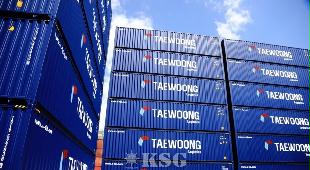

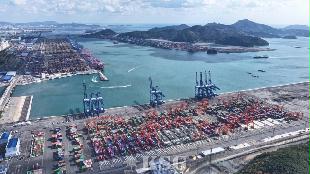

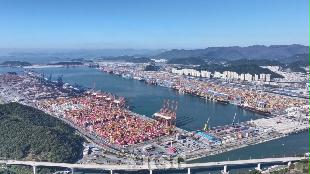
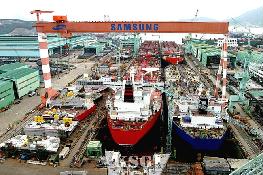
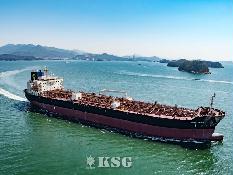

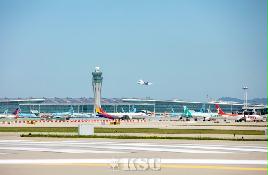


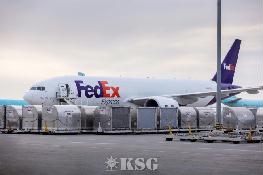
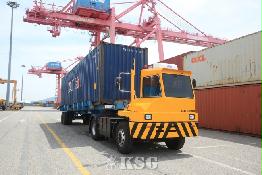

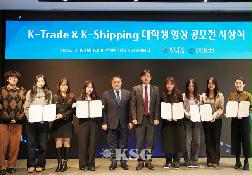
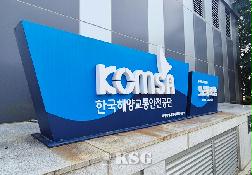


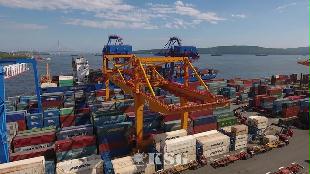
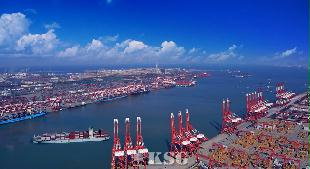
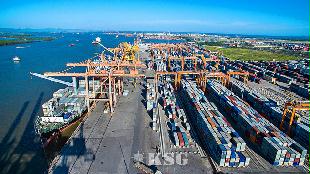
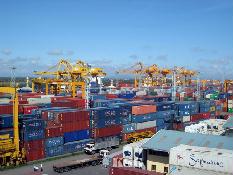





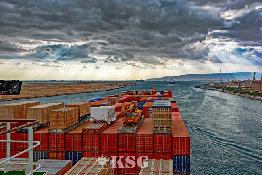
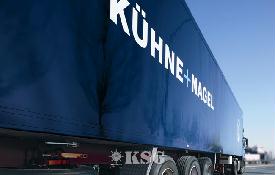
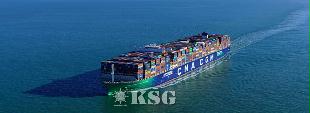
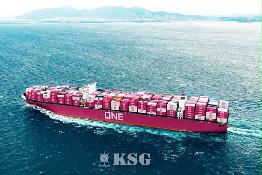

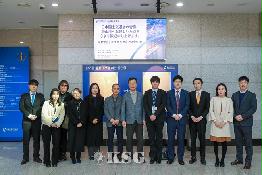




















0/250
확인